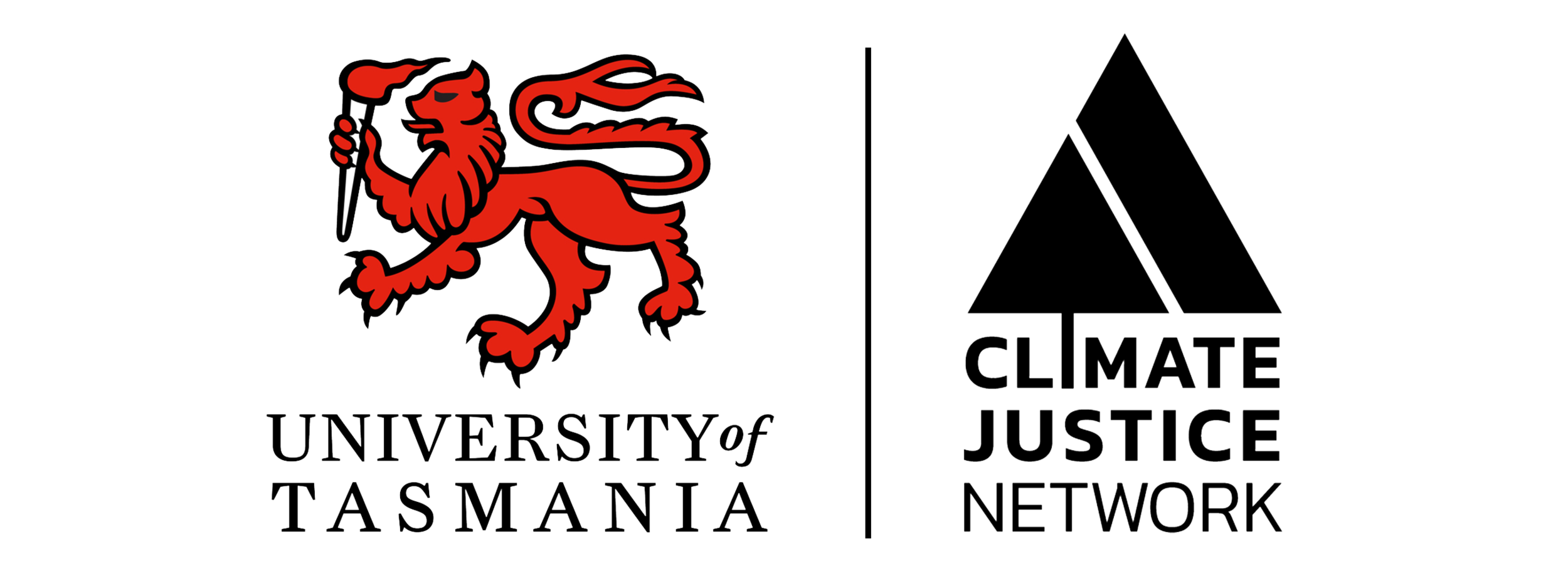Climate Justice Activism: an Indigenous Youth Perspective
My name is Zac Romagnoli-Townsend, I am a 25 year-old Mutawintji man who was born on Ballardong Noongar country, in a town that is now commonly known as Northam, Western Australia. I grew up in Dwellingup and I have lived in Lutrawita, commonly known as Tasmania, for the past 10 years, residing between Nubeena and Mouheneener country (Hobart and surrounds).
Seed is Australia's first nation-wide Indigenous-youth climate-justice action-network. I am the state coordinator for Seed in Lutrawita and I have been a Seed volunteer since early 2015.
When I was introduced to the concept of climate-justice, the combination of climate-change and social-justice, I knew that it was something that I wanted to work towards because climate change is the biggest security threat and it is inextricably linked to social justice, and injustice. The technical solutions to anthropogenic climate-change are available and inevitable; renewable energy infrastructure is existent and becoming increasingly cheaper as minerals such as coal get increasingly expensive and ecologically inviable.
The main barriers to attaining climate-justice are social and political because these solutions need to be applied in a timely manner to avoid unnecessary negative effects of climate change. However, there is resistance to these solutions because a powerful minority have vested interests in preserving the status quo as it is, because it benefits them.
Another barrier to attaining climate-justice is the fact that those who are first and worst affected by the causes and impacts of climate change are also those who contributed least to the issue. Demographics of people who have emitted the least amount greenhouse gases are disproportionally affected because they are materialistically less wealthy and hence rely on subsistence farming. Additionally, they have less access to resources to defend themselves from the increased frequency and intensity of natural disasters such as flooding, hurricanes and drought caused by climate-change.
Conversely, demographics of people who have access to more resources, such as proponents of the fossil fuel industry in Australia and the USA, are less threatened by the causes and impacts of climate change because they have made their material fortunes through the mining, selling and burning of fossil fuels. Therefore, it is easier for those who have contributed the most to climate change to avoid the issue and pretend that it is someone else’s’ responsibility to deal with.
In the continent now commonly known as Australia, the people who contributed the least to climate change who are first and worst affected are also the most disadvantaged demographic; Aboriginal and/or Torres Strait Islander peoples. These peoples also have the longest continuing cultures of conservation in human history. More than half of the population of Aboriginal and/or Torres Strait Islander peoples are under the age of 35, and this is why it is important to have Indigenous youth at the forefront of the climate-justice movement.
Seed is part of a collective of people who are building a generation-wide movement to solve the climate-crisis. Our strategy can be summarized as a process of talking, building and moving the mob. Talking involves discussions with Aboriginal community members to find out what their experience of climate change is, and spreading awareness about Seed and what we do. Building refers to recruitment of new volunteers and training them to engage in activism aimed at climate-justice. Moving the mob is calling those volunteers to action and mobilizing them to pursue climate justice by participating in non-violent direct action, other forms of activism including petitioning, and empowering them to take leadership in their communities.
Seed’s current strategic goals include stopping Adani’s Carmichael coalmine and banning fracking in the Northern Territory. We would like to see an end to all new fossil fuel projects and a just transition to 100% renewable energy, meaning that people employed in the fossil fuel industry are supported, retrained and reemployed in a sustainable industry. I would like to see Seed continue to grow in Tasmania and develop its own autonomy, direction, and take on campaigns such as the one to oppose deforestation in Tasmania.
Zac Romagnoli-Townsend is the state coordinator for Seed


